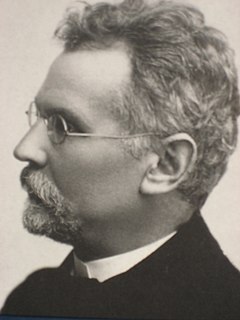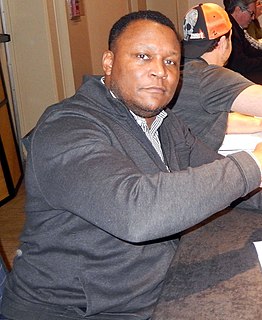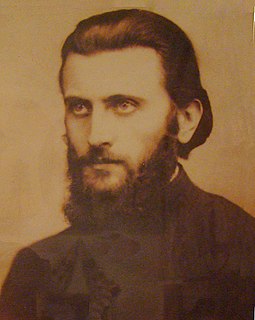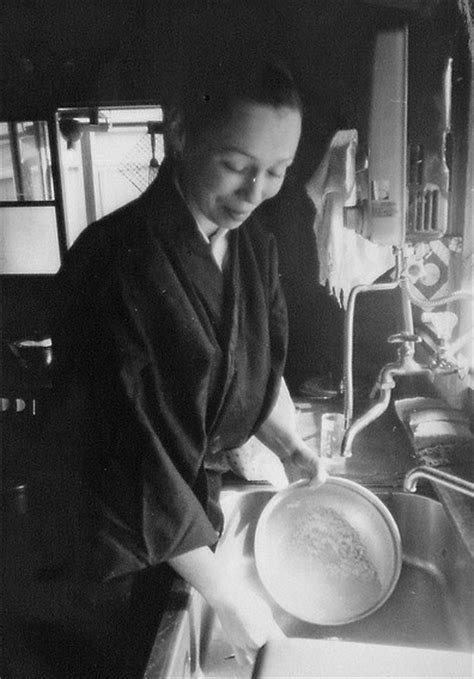A Quote by Nhat Hanh
Happiness does not come from consumption of things.
Quote Topics
Related Quotes
Whole ideology of consumption almost to the point of religion. Whether it's the consumption of entertainment or the consumption around buying things, we're so caught up with our appetites that we don't have a clear distinction about what we need and what we just want. Plus, the decline of trade unions is a factor. When you have powerful unions, you have a working class that is politicized.
Happiness doesn't lie in conspicuous consumption and the relentless amassing of useless crap. Happiness lies in the person sitting beside you and your ability to talk to them. Happiness is clear-headed human interaction and empathy. Happiness is home. And home is not a house-home is a mythological conceit. It is a state of mind. A place of communion and unconditional love. It is where, when you cross its threshold, you finally feel at peace.
Sometimes we get wrong notions, we think we have to be in a luxurious house, in a large city, with a new car in order to be happy. Happiness isn't there. Happiness isn't in a new car, it isn't in a new and luxurious apartment. Happiness isn't in banks and stocks. Happiness is where you make it, it's up to you. It comes from within, it doesn't come from things.
The illusion that consumption - and its correlative, income - is desirable probably stems from too great preoccupation with what Knight calls "one-use goods," such as food and fuel, where the utilization and consumption of the good are tightly bound together in a single act or event. ... any economy in the consumption of fuel that enables us to maintain warmth or to generate power with lessened consumption again leaves us better off. ... there is no great value in consumption itself.
I...have always known that my destiny was, above all, a literary destiny — that bad things and some good things would happen to me, but that, in the long run, all of it would be converted into words. Particularly the bad things, since happiness does not need to be transformed: happiness is its own end.





























